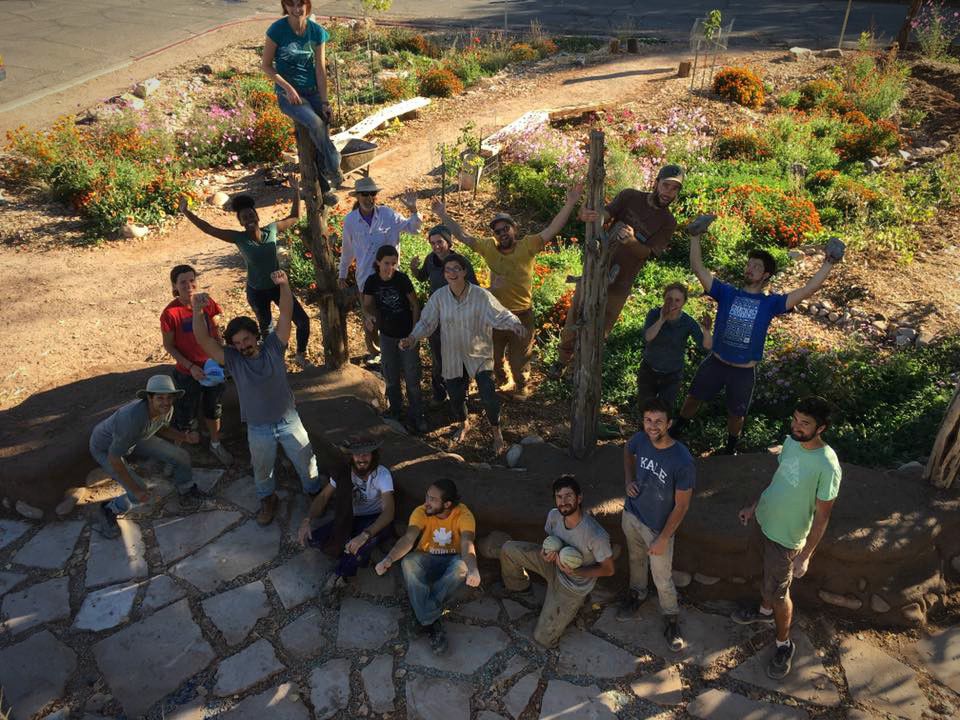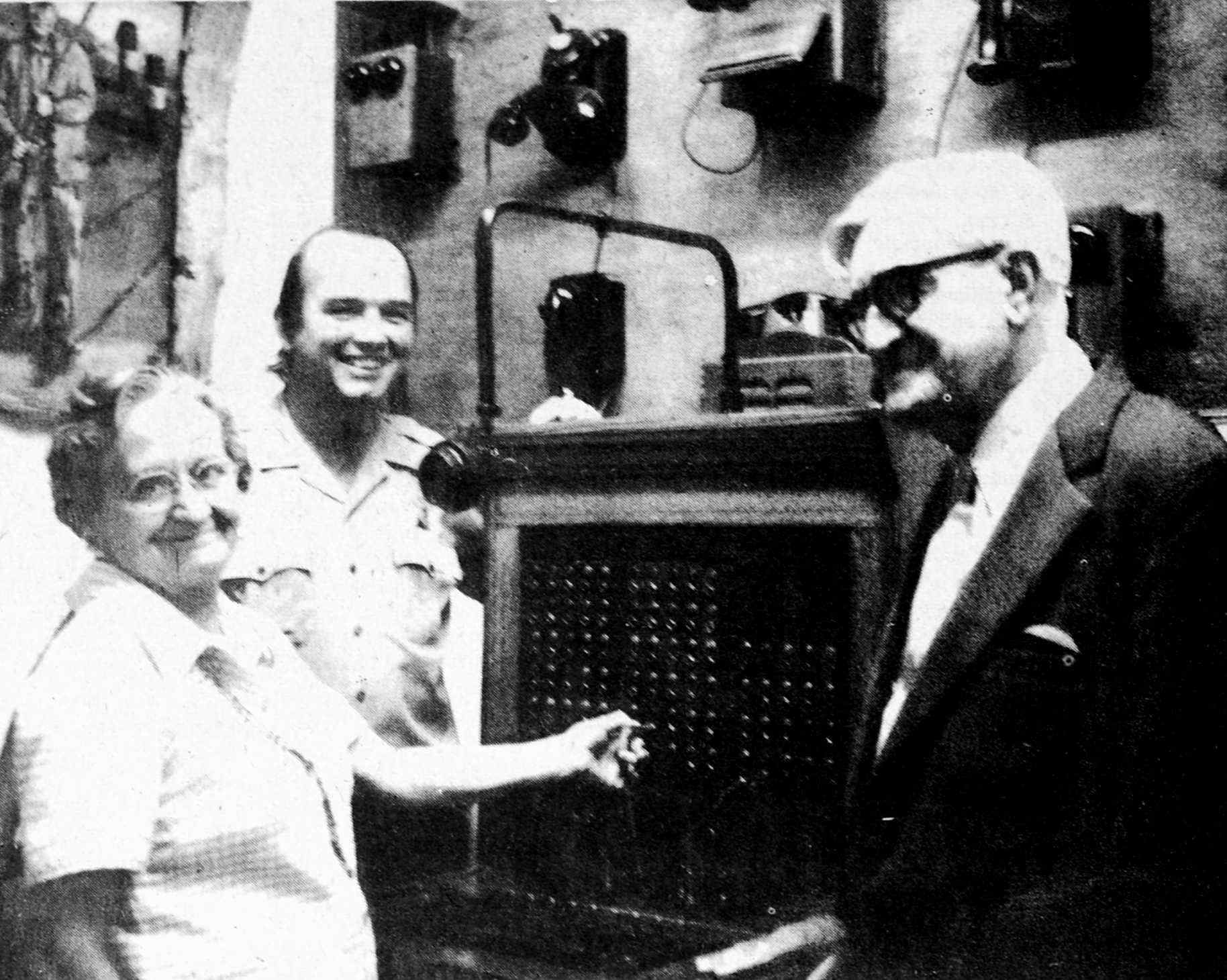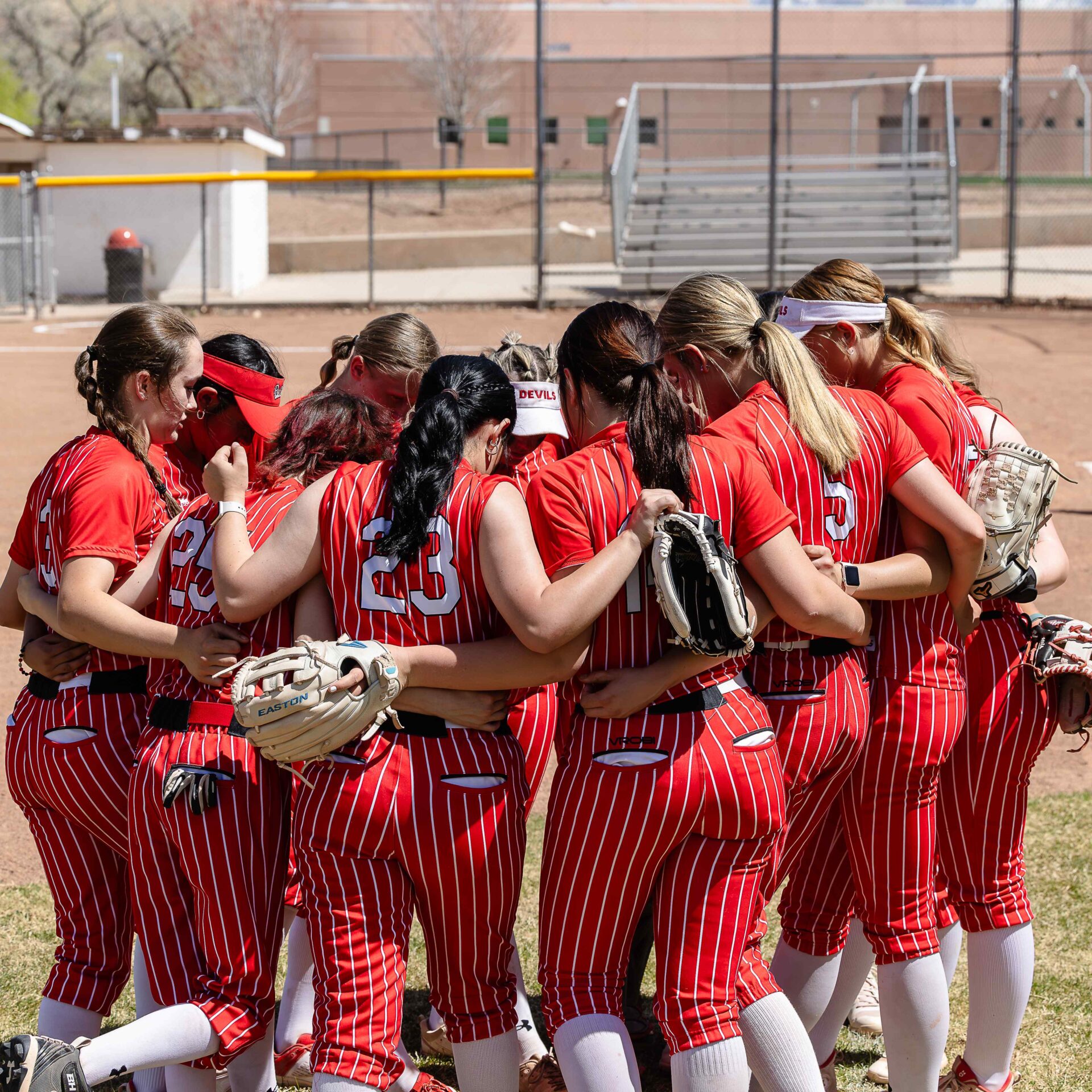The Grand County Public Library will host a panel discussion about applying the principles of permaculture outside of gardens and farms on Thursday, March 9, in partnership with Community Rebuilds. The free 6:30 p.m. panel, titled “Sustainable Communities: Permaculture Design,” is the second in a series of four events that Community Rebuilds is hosting this spring.
The term “permaculture” was created in the 1970s to describe a set of agricultural and design principles that aim for ecological sustainability by imitating natural ecosystems. Panelist Jeremy Lynch describes it as a “resource-aware mode of design.”
“Though it has roots in agriculture – that’s where a lot of the early writing comes from – we’re focused on design systems,” he said. “It’s an ecological framework for all forms of design.”
Lynch runs In Transition Permaculture, a small consulting and design business in Moab, and is a board member of the Resiliency Hub, a local nonprofit whose mission is “to rethink, retrofit, and regenerate community infrastructure and the development process,” he said.
He’ll be joined in the discussion by Jeff Adams, executive director of the Canyonlands Watershed Council; Joel Glanzberg, an instructor for Community Rebuilds as well as owner of the design and consulting business Pattern Mind in New Mexico; Dr. Roslynn Brain, assistant professor and Sustainable Communities Extension Specialist at Utah State University-Moab; and Ali Fuller, owner of Sister Root Medicinals in Castle Valley.
“Permaculture becomes a starting point for a lot of people,” Lynch said, “a way to frame and phrase the challenges through resource management.” All of the panelists have incorporated the principles of permaculture into their careers, either as a direct practice or as a guiding ethic.
“We’re gearing the conversation toward permaculture in a practical sense, permaculture in the professional sphere,” Lynch said. “We’re gonna talk a lot about the challenges, the obstacles, the opportunities in taking this ethics-based design practice as the framework for your professional life.”
For Community Rebuilds’ mission of creating affordable and environmentally friendly housing, Lynch said, permacultural ethics influence both the design of the homes and the design of the program to build those homes.
Claire Spalding, an AmeriCorps VISTA member working for Community Rebuilds, has been organizing the Sustainable Communities events. The series grew out of the workshops that Community Rebuilds provides for the volunteer interns who work alongside local homeowners.
“We’re focused mostly on rebuilding the homes, but we really try to give the interns a well-rounded perspective,” Spalding said. “We’re fortunate enough to have some really neat guest instructors come and take part.”
“We wanted to share that with the Moab community and give other people access to the knowledge that we outsource and bring in,” she said.
Lynch and Adams led a permaculture workshop for Castle Valley residents on February 25. It was the first major workshop of the semester, Spalding said.
“They get the opportunity to really step into the permaculture mindset,” she said. “A lot of people think that it’s just about gardening and planning out homesteads and that kind of thing, but there’s really a whole mindset around it.”
She hopes that the events will give Moab residents a chance to connect with the organization’s guest instructors, and inspire people to work on their own sustainability initiatives.
Community Rebuilds, Resiliency Hub to hold talk on putting permaculture into practice outside the garden
“Permaculture becomes a starting point for a lot of people.”
“Sustainable Communities: Permaculture Design” will be held from 6:30 to 8 p.m. on March 9, in the Grand County Library’s large meeting room, 257 E. Center St. Future events on May 4 and June 1, both in the same 6:30 p.m. time slot at the library, will focus on solar power and natural building, respectively. For more information, contact Community Rebuilds at 435-260-0501.




